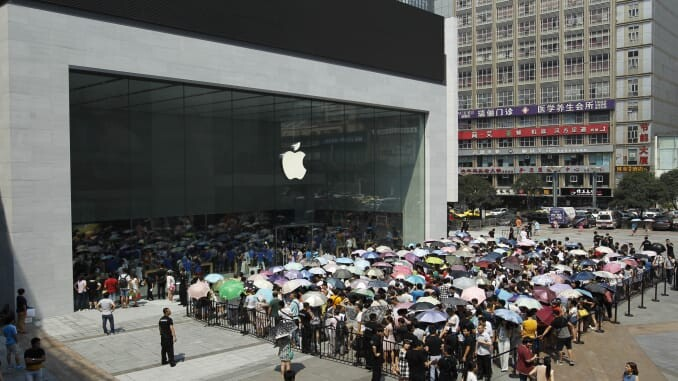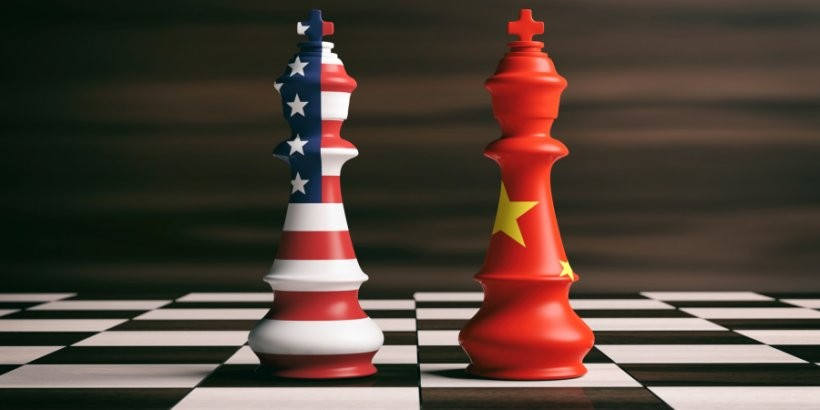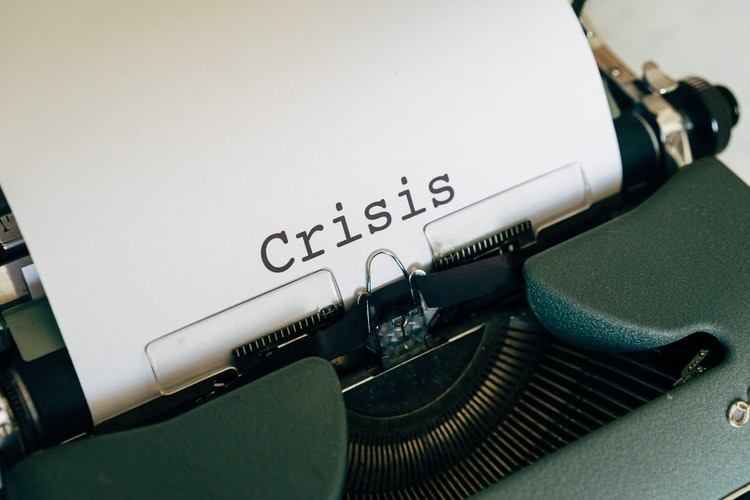Crisis Management in China
Crisis management is an important practice in China that needs a professional treatment. You have to be alert to any criticism from the public or media.
“Apple” went into crisis mode, when CCTV, the national television network in China, had a special broadcast criticizing the brand. It is related to customer-service policies for Chinese customers. Apple has no real social media presence, the company was not prepared to respond effectively. This negative publicity and Apple’s weak response has certainly hurt the company’s brand perception.
Finally, after two weeks, the company resorted to a letter to consumers on the company web site by CEO Tim Cook stating, “We are aware that owing to insufficient external communication” and still some consider Apple’s attitude to be arrogant, inattentive or indifferent to consumer feedback.

Ranges of factors that can trigger a crisis and uniquely to China, geographical sovereignty – where brands have ‘incorrectly’ described or depicted regions of China – is where foreign brands screw up the most. Historical sensitivity and politics are also common factors.
The industries that gets into trouble often are fashion, luxury, pop culture, celebrities, travel, tourism, entertainment. The conclusion is that consumer-facing brands are more likely to find themselves in hot water.
International companies should be prepared in advance to act in a sensitive way with the costumers, different business practice, habits, language and culture are something you can’t ignore so you should always try to achieve a sympathy public atmosphere, supporting communication and positive regulatory surrounding.
Sometimes it is good for foreign company is to keep quiet, working under the radar but even than monitoring of media and social media channels is crucial. We have few costumers that this is the main service we provide them.
Brand screw-ups in China seem to pop up every so often especially given sensitive geo-political issues and strict local regulations. It’s also impossible to rule out the US-China trade war as a factor. However, brands originating in China are not immune to controversy.

We know that the media includes many new arenas, the public is suspicious, flooded with information, easily take in phobias and negative messages and the regulation sometime complicated.

What can we do?
Be creative and reliable- The media appreciates creativeness, companies that are reliable, and has their own a vision. The public appreciate transparency, integrity and straight- forward messages. Full transparency and declaring absolute truth and even the regulation – motivated by receiving credit and recognition.
Use intelligence- The company should also be able to identify sponsored “artificial writers” who tend to relentlessly give negative comments.
Communicate on the arena- you need to be present where your customers are active -the Chinese consumer is very engaged in social media. Brands that are not equally engaged risk crises like these, which can significantly affect a company’s brand image and impact sales.
Create forums of public opinion leaders – In order to prepare for a crisis, the company needs to identify and cultivate key opinion leaders, active users with a large and relevant social media network, Green organizations, medical organizations, cooperation with academy, musicians and creators, stakeholders In times of crisis, positive posts by key opinion leaders will be helpful to influence consumers.
Create action synergy – between all relevant departments for goal fulfillment, defining reciprocal relations between the departments, Setting working standards while maintaining cooperation and Building a unified message-set and create a common language. It will help to be transparent to regain consumers’ trust.

During the last month of the Covid-19 virus we managed few crises for international companies that are acting in China. A crisis can freeze a company but can also give an opportunity. The first rule is not to ignore it.
A crisis should be managed. It needs someone that is able to review and analyze the all situation calm and unemotionally, someone that can lead to the positive solution.
It can’t be managed by the person that is responsible for the crisis since as we know, a frog that lives in a cistern cannot imagine the ocean.
Find original in: https://www.linkedin.com/pulse/crisis-management-china-lior-varona